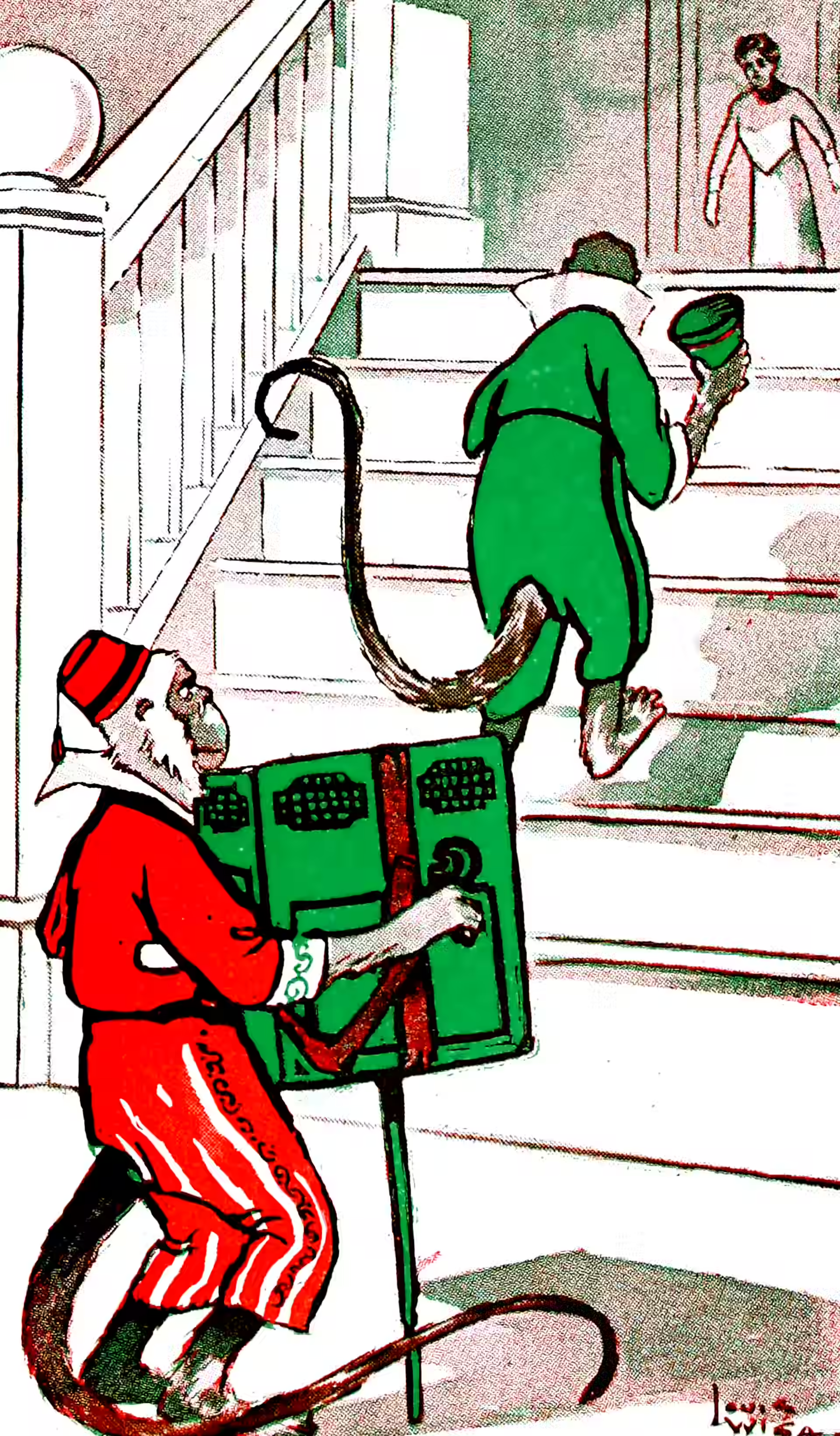How to do research funding
June 28, 2015 — January 6, 2025
Suspiciously similar content
1 Grant applications in practice
TBD
2 Funding theory and weird ideas
Experiment/ Science Kickstarter.
Experiment is a platform for funding scientific discoveries.
You can fund a dinosaur fossil excavation, a historical study of medieval monasteries, or an experiment on the International Space Station. If it helps unlock new knowledge, then we can fund it. We have the technology.
Every dollar you contribute towards science helps push the boundaries of knowledge.
3 Incoming
Adam Mastroianni’s funding application diptych:
Grant funding is broken. Here’s how to fix it.
I’ve won grants, I’ve awarded them, and I’ve advised people applying for them. Everything I’ve seen has convinced me this is a terrible way to give away money.
Some of the problems with this system are well known, but we treat them as unavoidable. Other problems are totally overlooked. The result is that virtually all grant money — whether it’s going to fund a lab, sponsor a fellowship, or support a nonprofit — is spent inefficiently and often goes to the wrong people, all while wasting everyone’s time.
Here are five of the worst problems with the way we do grants now. I list them because I believe there’s a better way, and we can only see it when we look squarely at the current system’s shortcomings.
We apply for everything: scholarships, internships, jobs, promotions, apartments, loans, grants, clubs, conferences, prizes, and even dating apps. A kid today might apply for every school they ever attend, from preschool to graduate school. Even if they get in, they’ll find they’ve merely entered the lobby, and every room beyond requires another application. Want to join the student radio station, take a seminar, or work in a professor’s lab? You’ll have to apply. In undergrad, being _unpaid tour guide required an application — _and 50% of people were rejected!
[…] The worst part is the subtle, craven way applications irradiate us, mutating our relationships into connections, our passions into activities, and our lives into our track record. Instagram invites you to stand amidst beloved friends in a beautiful place and ask yourself, if we took a selfie right now would it get lots of likes? Applications do the same for your whole life: would this look good on my resume? If you reward people for lives that look good on paper, you’ll get lots of good-looking paper and lots of miserable lives.
Applications might be all right if we knew that they worked really well. But we don’t know that.
